WASHINGTON, D.C. – Starting this fall, DC Public Schools (DCPS) will roll out a strict no-device policy months ahead of a citywide ban on smartphones and other personal electronics during the school day. While the move is intended to improve focus, mental health, and academic outcomes, it has sparked concerns from parents, students, and educators about communication, safety, and equity.
From Classroom Tool to Distraction
On July 1, 2025, the DC Council passed the Distraction-Free Learning Amendment Act, prohibiting the use of smartphones, tablets, gaming devices, and similar electronics from the first to the last bell in all public and charter schools. The law takes effect citywide in the 2026–27 school year, but DCPS will enforce it starting August 25, 2025.
Councilmember Brooke Pinto (D-Ward 2), who introduced the measure, argued that removing personal devices would boost in-person engagement, reduce cyberbullying, and curb the harmful effects of excessive social media use. DCPS Chancellor Lewis Ferebee pointed to last year’s pilot program, which showed increased participation, reduced anxiety, and better student-teacher relationships.
Under the new rules, school-issued devices will still be allowed for academic work, with individual schools choosing how to store personal devices—options include locked pouches or centralized lockers.
Exceptions and Smartwatch Debate
Students will be able to use devices during field trips, for approved educational purposes, or if they have medical or disability accommodations.
The law leaves smartwatch policies up to schools. Some, like Hardy Middle School, allow them, citing a balance between family communication and minimizing distractions. Others, like Saint Peter School, have long banned all personal internet-connected devices, including smartwatches, requiring students to store them at the office.
Private, Parochial, and Charter Models
Independent and religious schools often have stricter bans already in place. Saint Peter School has prohibited devices since 2012, while Washington School for Girls and Georgetown Day School report improved attentiveness and stronger interpersonal skills since implementing similar restrictions.
Several charter schools, however, warn of the cost and staffing burden. Paul PCS – International School CEO Tracy L. White said enforcement requires up to 16 staff members and has cost more than $200,000 in storage and labor.
Safety and Communication Fears
Some parents, like ANC Commissioner Tiffany Nichole Johnson, worry that banning phones could cut off critical communication during emergencies. Johnson said her daughter’s phone was the only way she knew she was safe after a shooting outside her school.
Others, like Alison McGill, support limits but want their children to keep smartwatches for emergencies, citing personal experiences with gun violence in the city.
Council and DCPS leaders counter that emergency alerts should come from schools, not students. “In many cases, it is not the time to communicate with others,” Chancellor Ferebee said of active-shooter situations.
Student Pushback
Many students oppose a full-day ban, suggesting phones be allowed outside of class. Jackson-Reed senior Elijah Gold-Moritz and Benjamin Banneker sophomore David Armando cited family responsibilities, jobs, and transportation needs.
But experts like Carolyn Heinrich of Vanderbilt University say partial bans fail—students still use phones in class despite rules. Others point to the unreliability of school-issued tech, with some devices losing battery power quickly or blocking necessary websites.
Support for the Ban
Some students, like Hardy Middle School’s Ella Kihn, welcome the change, saying it fosters friendships and reduces harmful online sharing. Many parents view it as a public health measure, protecting mental health and promoting face-to-face interaction.
Next Steps
DCPS must finalize and communicate policies to families by August 10, 2025, just 15 days before school begins. Advocates stress that for the ban to work, schools must first strengthen emergency communication systems and ensure families are confident their children can be reached when needed.
As the District prepares for a device-free learning environment, the debate underscores the balance between academic focus and the need for modern-day connectivity—especially in moments when safety is on the line.

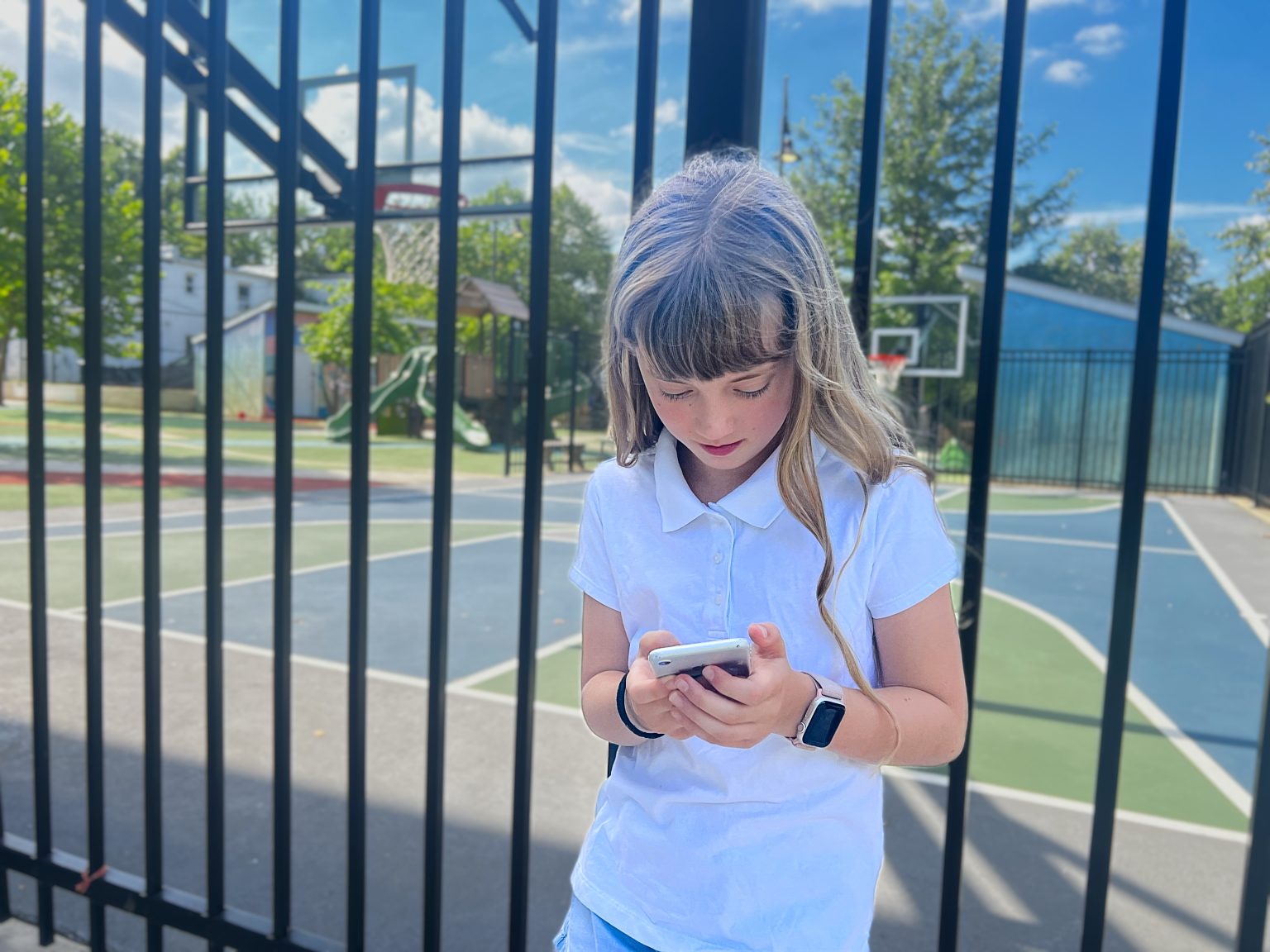

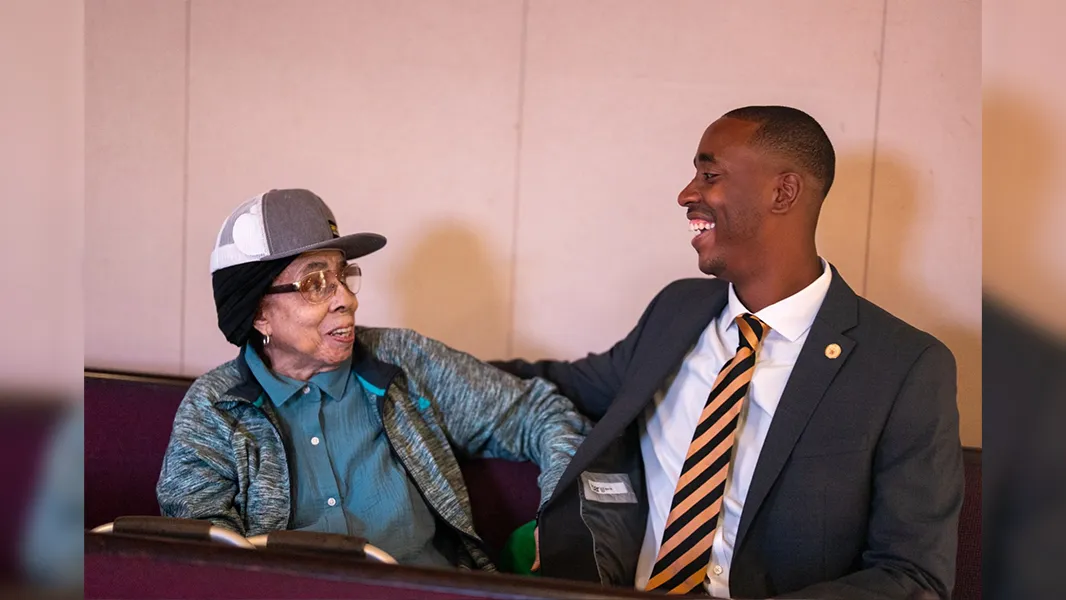



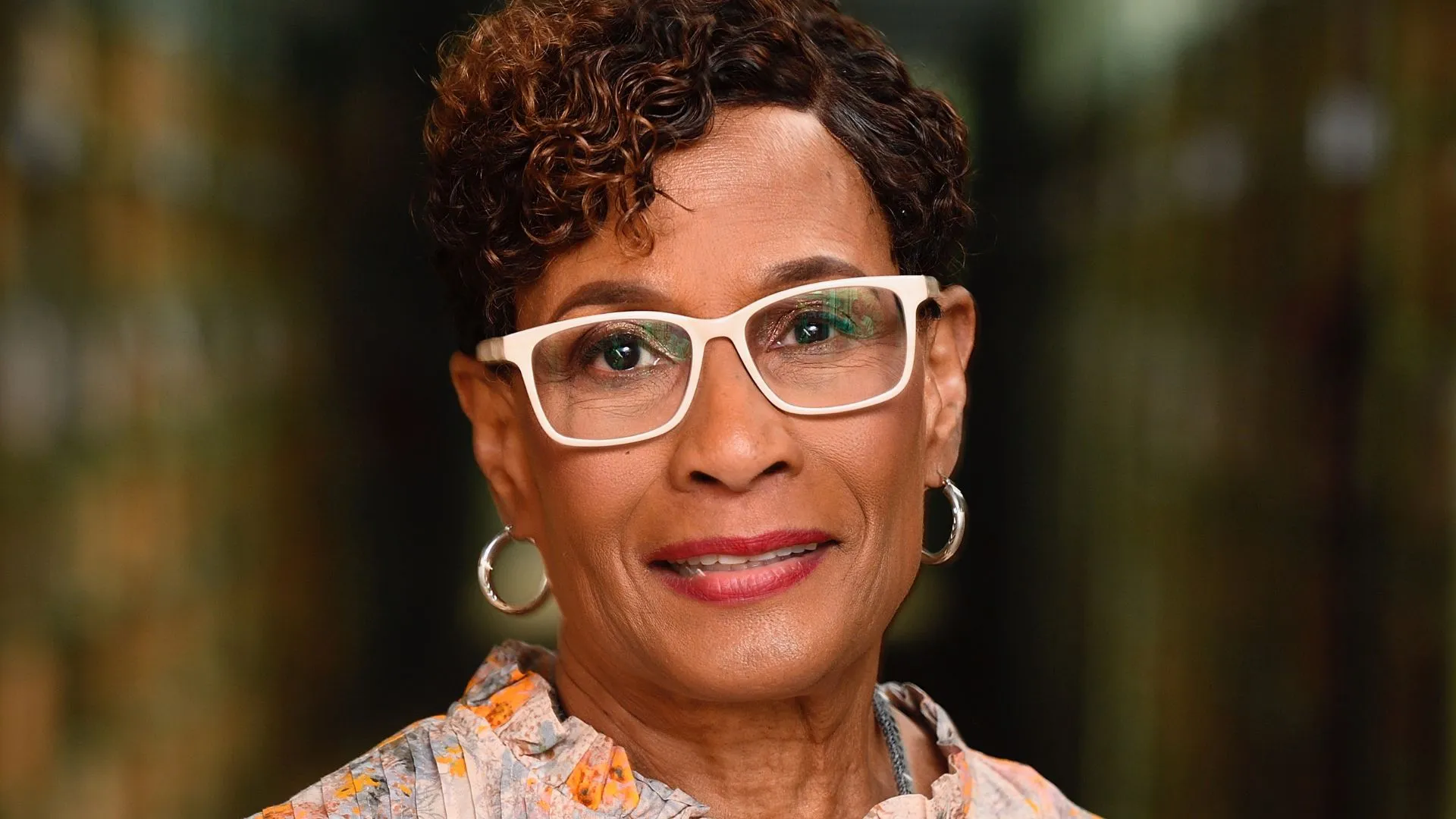


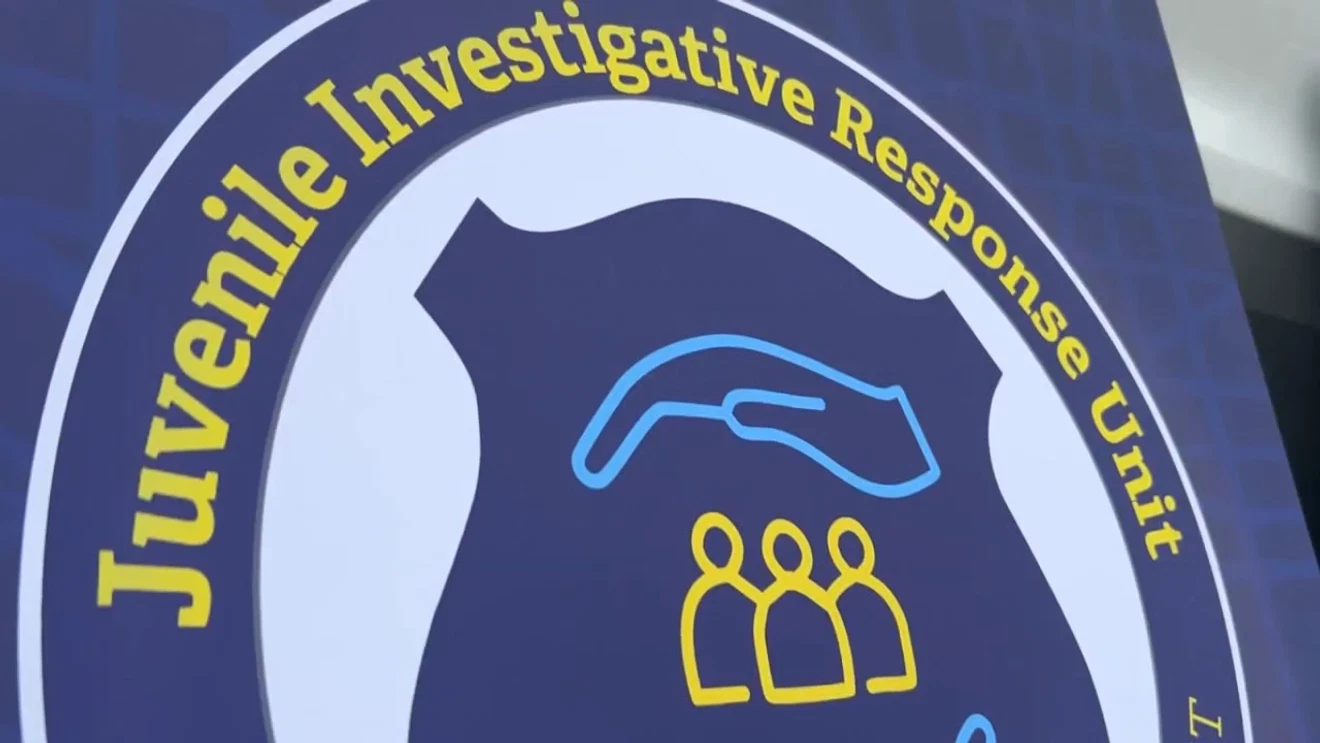
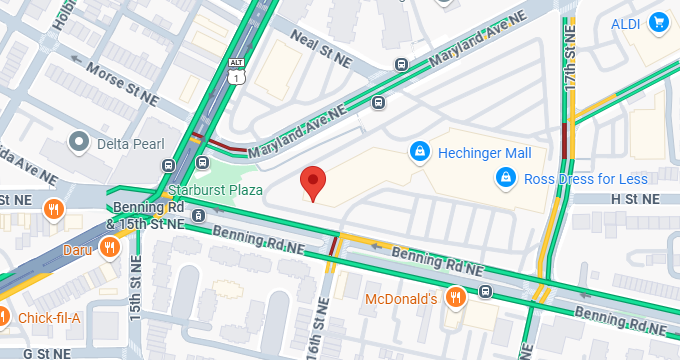



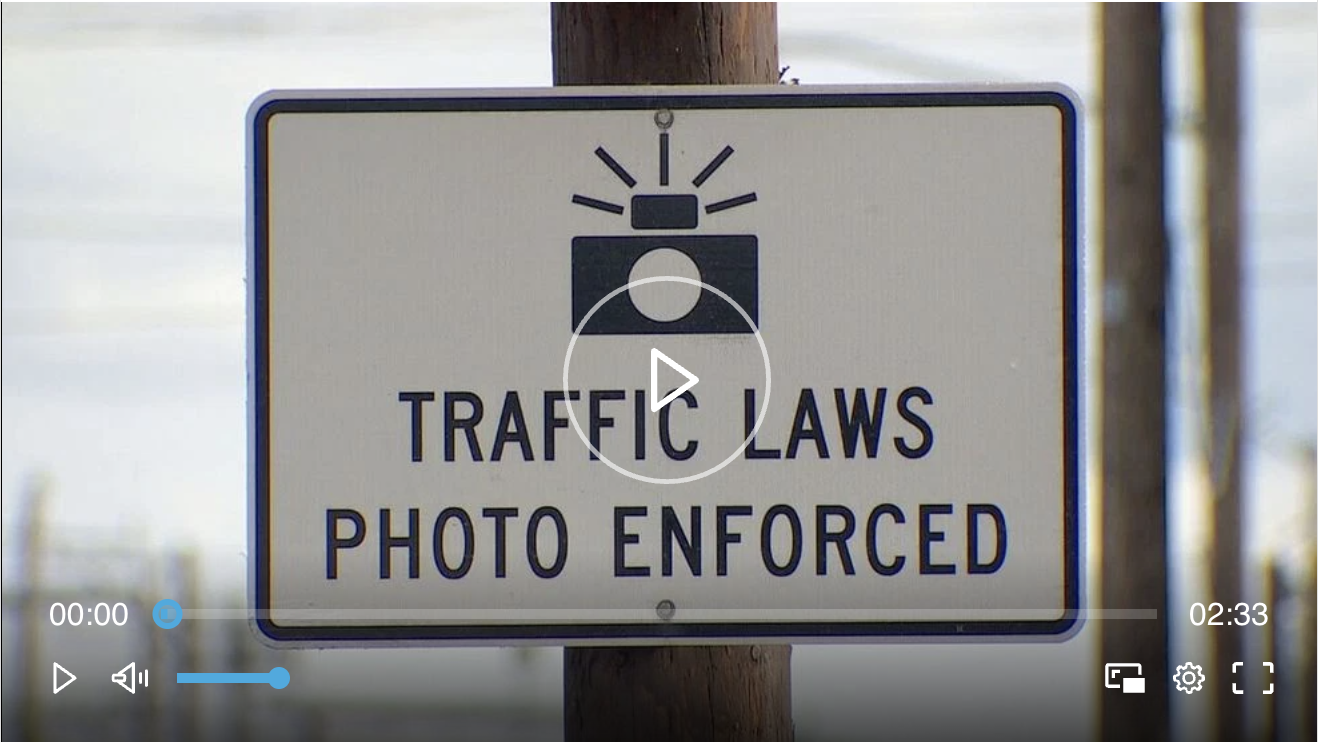
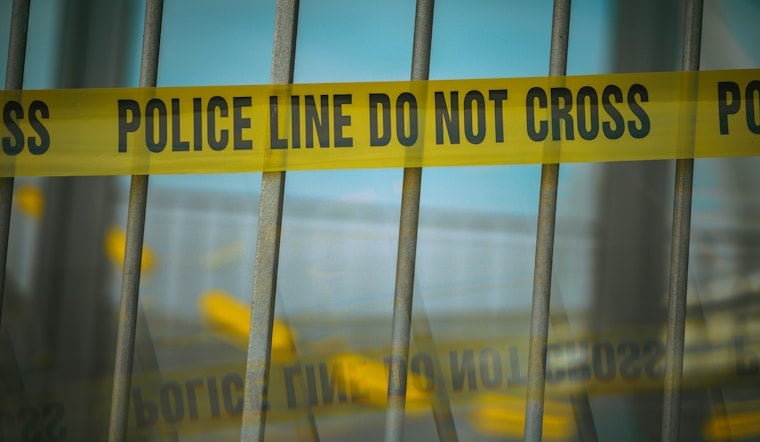
Leave a Reply